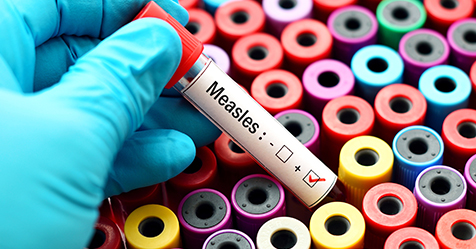Chicago Housing Authority Creates Healthy Homes Division
Last week, the Chicago Housing Authority (CHA) created the Healthy Homes Division, a new team dedicated to addressing environmental health issues by eliminating hazards and promoting healthier living conditions for the 32,000 people living in CHA public housing. From removing environmental hazards such as lead-based paint, mold, and pests to promoting energy-efficiency and indoor air quality, the Healthy Homes Division is focused on ensuring homes are safe, preserved, and sustainable for future generations.
Elizabeth Poole, a nationally recognized expert in children’s environmental health and former coordinator at the U.S. Environmental Protection Agency (EPA), leads the Healthy Homes Division. She’s joined by her former Chicago-based EPA colleagues Shannon Wolf and Megan Dwyer Baumann, environmental health and safety managers.
“We’re excited to welcome an exceptionally qualified, talented, and passionate team with a depth of experience in environmental health,” said Angela Hurlock, CHA interim CEO. “Their ability to go a mile deep into creating healthy home solutions for our residents will ensure we’re not only providing safe homes for our residents now but preserving them well into the future.”
The division takes a comprehensive approach to addressing lead-based paint hazards identified during inspections and supports families throughout the abatement process, including arranging for temporary relocation or other necessary services.
“This effort is about equipping families with the tools they need to make healthy decisions,” Poole said. “We have an ongoing commitment to provide resources for families to keep their homes safe and their families healthy. I live by this concept that if it’s not good enough for my child, it’s not good enough for any child.”
The creation of the Healthy Homes division is part of CHA’s “Year of Renewal,” a dedicated effort to rebuild trust, transparency, and accountability in 2025 and beyond and ensure the needs of the 135,000 people it serves across all 77 Chicago community areas are effectively and equitably met.
For more information on the Healthy Homes Division and CHA’s Year of Renewal, click here.


